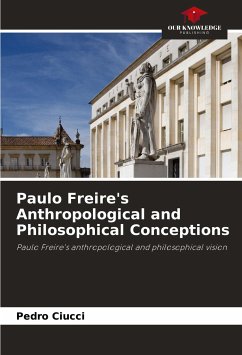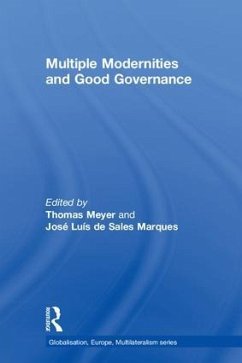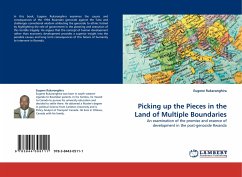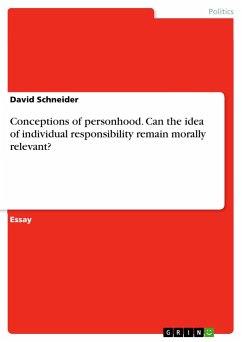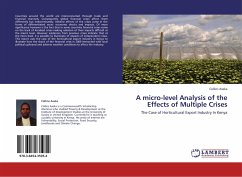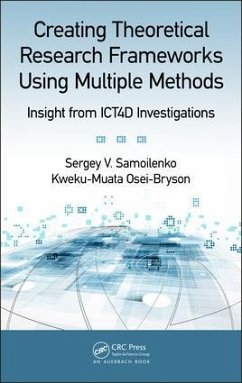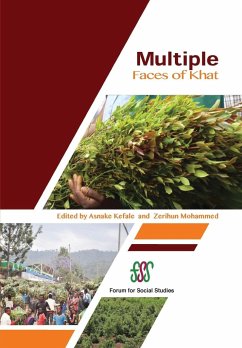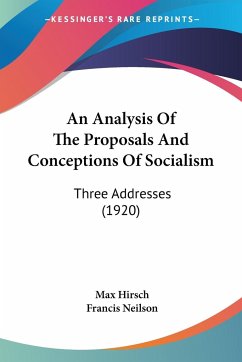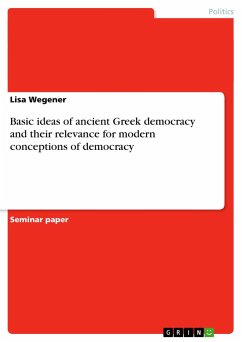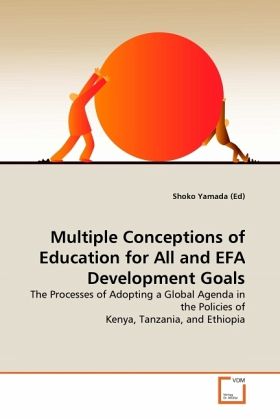
Multiple Conceptions of Education for All and EFA Development Goals
The Processes of Adopting a Global Agenda in the Policies of Kenya, Tanzania, and Ethiopia
Versandkostenfrei!
Versandfertig in 6-10 Tagen
52,99 €
inkl. MwSt.

PAYBACK Punkte
26 °P sammeln!
The book analyzed the responses of three east African countries Kenya, Tanzania, and Ethiopia to the changes brought under the paradigm of EFA and Millennium Development Goals (MDGs) which spread the virtue of universal basic education and a new decision-making mechanism fostering partnership with external stakeholders. International environment since the late 1990s has effected systematic and wide-spread standardization, which resulted in less diversity of policies across countries. At the same time, the responses of the governments towards such external forces were different according to the...
The book analyzed the responses of three east African countries Kenya, Tanzania, and Ethiopia to the changes brought under the paradigm of EFA and Millennium Development Goals (MDGs) which spread the virtue of universal basic education and a new decision-making mechanism fostering partnership with external stakeholders. International environment since the late 1990s has effected systematic and wide-spread standardization, which resulted in less diversity of policies across countries. At the same time, the responses of the governments towards such external forces were different according to the conditions such as the respective countries' historically developed educational system, ways of decision-making and operation in the bureaucracy, relationship among key actors, and socio-political, economic, and cultural contexts. Based on the in-depth interviews with key ministry officials, aid officials, NGO representatives, and academics involved in educational policy-making processes, the book shed light on the things happened in the process of making national education policies experienced by actors with different perspectives.



